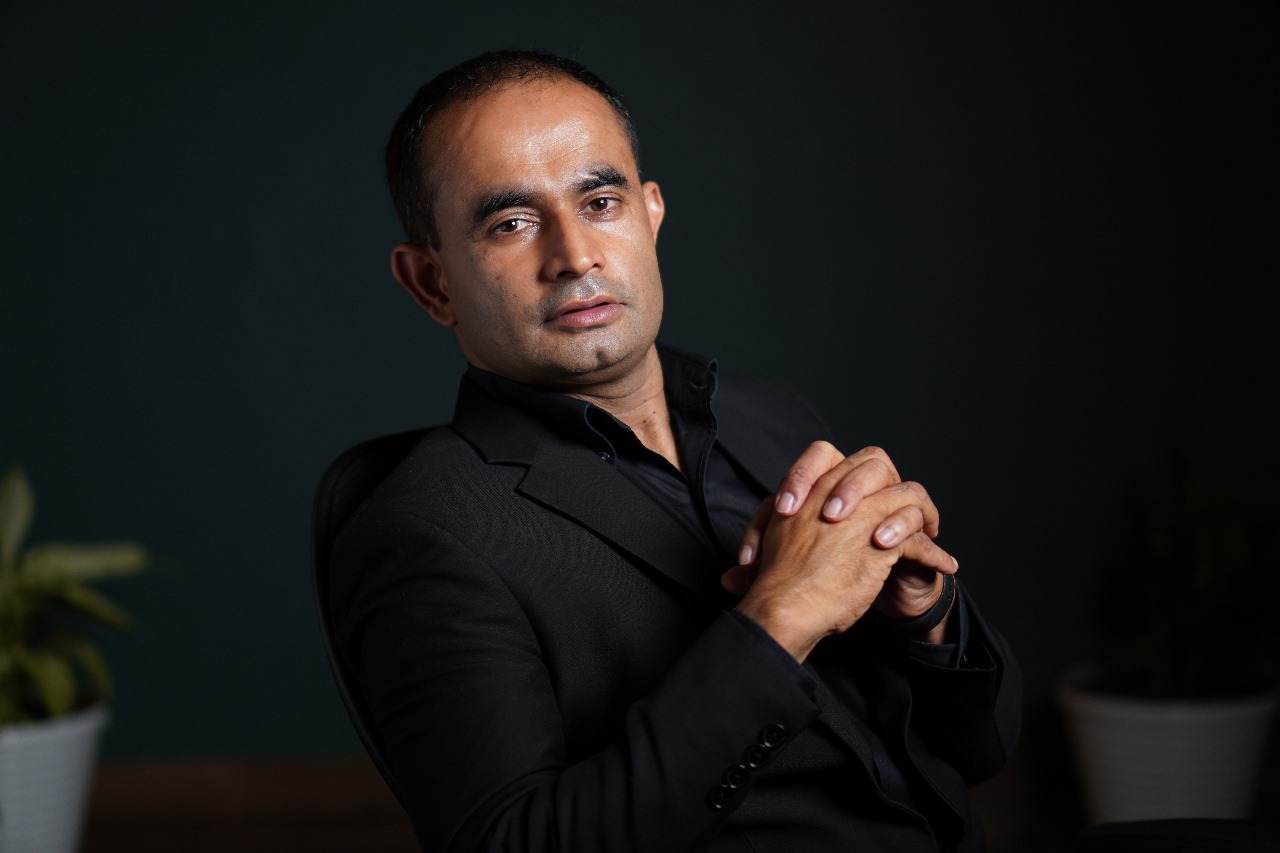In booming economies, growth can feel inevitable. Customers spend more, investors are eager, and expansion is the default strategy. But what happens when markets slow down, capital dries up, and customers pull back?
Sabeer Nelli, founder and CEO of Zil Money, didn’t wait to find out. He built his fintech platform with the kind of strategic foresight that treats economic downturns not as disruptions—but as stress tests the business should be ready for.
This article unpacks how Sabeer designed Zil Money to be recession-resilient, from infrastructure to culture, from product focus to financial discipline. And why, for entrepreneurs, the best time to prepare for uncertainty is long before it arrives.
- Start with Real Business Fundamentals
Sabeer’s approach has always been simple: build something people genuinely need, price it transparently, and support it reliably.
When Zil Money launched, it didn’t bet on hype. It solved pain points Sabeer knew personally—like sending checks, managing payroll, and reconciling payments.
These are services businesses need in any economy.
✅ During good times, users automate and scale.
✅ During bad times, they look for reliability, affordability, and control.
That utility-first positioning gave Zil Money a user base that wasn’t driven by trends—but by necessity.
- Diversify Offerings, Not Focus
Sabeer didn’t dilute the company’s identity with endless feature creep. Instead, he built a product suite around a core mission: simplify and secure business payments.
By offering multiple tools—ACH, check mailing, wire transfers, payroll by credit card—Zil Money became a one-stop hub. But every feature aligned with a central pain point: making money movement easier.
This diversified revenue stream helped insulate the company when certain payment methods slowed. Some customers used fewer wires during downturns—but others increased their reliance on credit-based payroll.
Adaptability came not from changing course, but from having smart options built in.
- Operate with Financial Discipline
Unlike many tech startups, Zil Money wasn’t built on speculative spending or runaway burn rates. Sabeer’s experience running Tyler Petroleum gave him an operator’s mindset.
Every dollar had to produce value. Every hire had to improve outcomes. That same DNA shaped Zil Money’s fiscal strategy:
- Lean teamsthat focus on output, not optics
- Measured hiring, even in growth periods
- Prudent cash flow managementwith self-reinvestment
- No dependence on hype-based fundraising cycles
So when market volatility hit, Zil Money didn’t scramble. It kept building. While others paused roadmaps, Sabeer’s team launched new integrations and scaled user support.
- Build for Trust, Not Just Growth
Trust is recession-proof. When money is tight, people seek platforms they know won’t fail them. Sabeer invested heavily in that trust:
- Achieving compliance certifications like SOC 2, PCI DSS, and ISO standards
- Transparent pricing—no bait-and-switch tactics
- Real-time visibility and status tracking inside the platform
- Strong customer support, even for small accounts
These decisions built a reputation that became Zil Money’s greatest asset in hard times.
Users didn’t just stick around—they referred others. Why? Because when uncertainty spikes, trust travels faster than ads.
- Culture of Accountability, Not Panic
A recession doesn’t just test strategy—it tests culture. Teams feel pressure. Leadership decisions are scrutinized. Agility becomes essential.
At Zil Money, Sabeer cultivated a culture where:
- Teams take ownership, not wait for top-down instruction
- Customer feedback drives priorities
- Wins are shared, but so are lessons from failures
- The focus stays on delivering long-term value—not reacting to headlines
This stability gave employees confidence, even during volatile market periods. And that confidence reflected back to customers.
- Investing When Others Retreat
Recessions create a rare advantage: less noise. When competitors pull back, strategic players can advance—quietly, but meaningfully.
Sabeer used these windows to:
- Launch underutilized features like white-labeled check solutions
- Expand compliance frameworks for larger partnerships
- Strengthen infrastructure to handle larger transaction volumes
- Cultivate long-term partnerships with banks and platforms
These were not splashy moves—but compound gains. And they positioned Zil Money for stronger post-recession growth.
Relatable Parallel: From Gas Pumps to Payments
Running fuel stations taught Sabeer the rhythm of boom and bust. Fuel prices fluctuated, margins shrank, supply chains got disrupted.
Yet customers still showed up—because fuel is essential.
Payments are no different. Businesses may slow down, but they still need to pay and get paid. Sabeer saw that parallel early and built for it. Zil Money became a utility platform—reliable, repeatable, resilient.
That mindset—treating fintech as infrastructure, not a trend—became his edge.
- Advice for Founders: How to Recession-Proof Your Fintech Startup
Sabeer’s methods aren’t just insightful—they’re replicable. Here’s how to apply his thinking:
✅ Prioritize real pain points over novelty
Solve for workflows businesses can’t pause, even in downturns.
✅ Avoid overbuilding
Every new feature should improve retention, efficiency, or trust—not just expand surface area.
✅ Think in decades, not quarters
Sabeer planned compliance years in advance. So when it mattered, Zil Money was already certified.
✅ Build a business, not just a product
Revenue needs margin. Users need trust. Teams need clarity.
✅ Leadership is communication under pressure
How you show up in a crisis shapes your brand forever. Sabeer led with consistency—not panic.
Final Thought: Strong in Any Weather
It’s easy to lead when the sun’s out and capital is cheap. But real leaders prepare for storms—and often emerge stronger because of them.
Sabeer Nelli didn’t try to predict the economy. He prepared Zil Money to thrive through any economy.
His leadership is a reminder that fintech isn’t about flashy growth curves—it’s about enduring service, intelligent resilience, and the discipline to build what lasts.
In good times or bad, that kind of leadership always pays off.

































